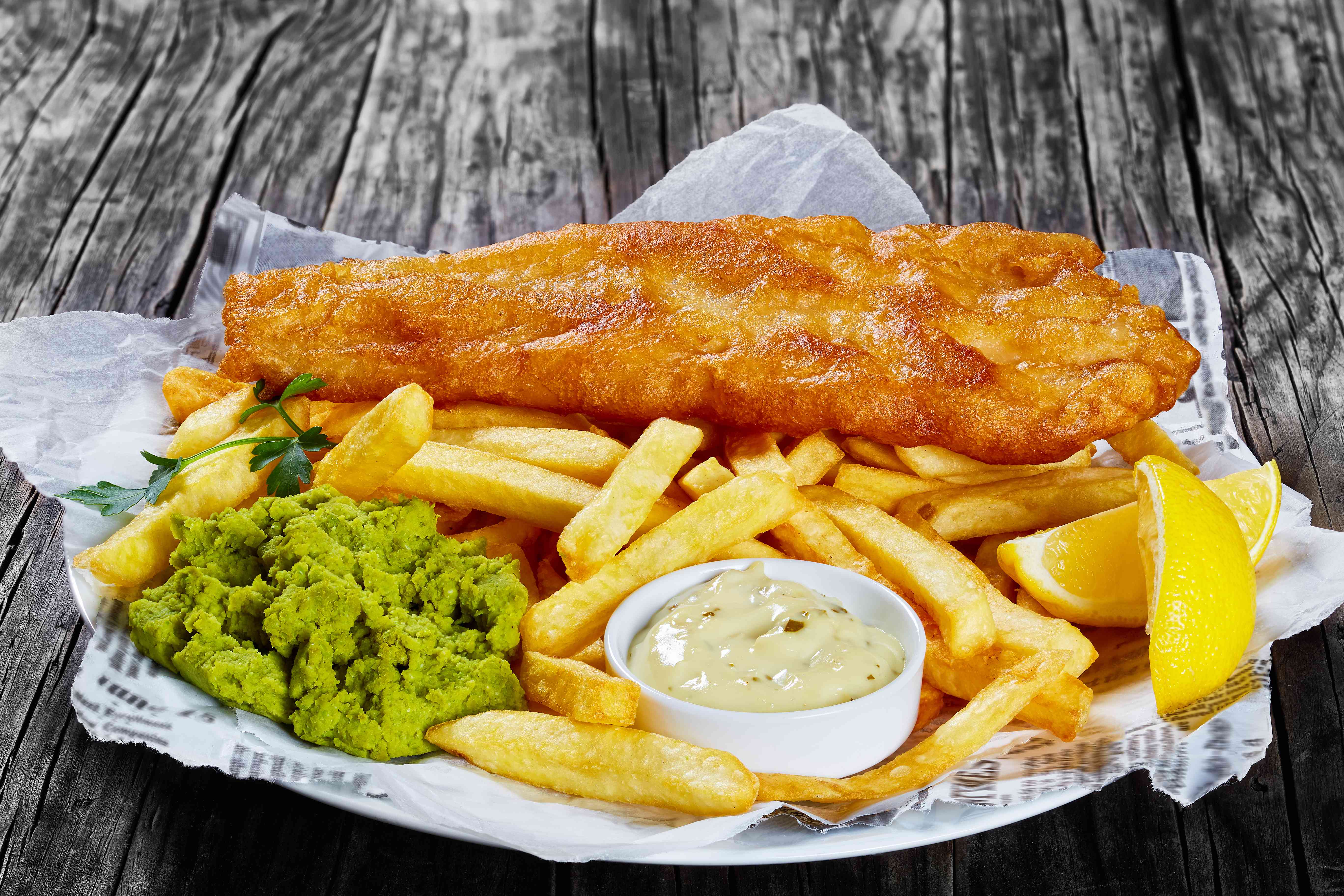Food safety is of paramount importance in any country, ensuring that the food we consume is safe, hygienic, and free from contaminants. In the United Kingdom, robust legislation for food safety in the UK is in place to protect public health and ensure the integrity of the food supply chain. Here, we’ll give you an overview of the key requirements of the current legislation for food safety in the UK, focusing on the Food Safety Act 1990, Food Information Regulations 2014, and the responsibilities of various stakeholders in maintaining food safety.
What are the Legislative Requirements for Food Safety?
The legislative requirements for food safety in the UK are comprehensive and cover various aspects of food production, handling, and distribution. The key legislation governing food safety includes:
- Food Safety Act 1990: This is the primary legislation that sets the framework for food safety in the UK. It covers the handling, storage, preparation, and sale of food, ensuring that it is fit for human consumption and does not pose any risks to health.
- Food Information Regulations 2014: These regulations govern the provision of information to consumers regarding the food they purchase. It includes labelling requirements, allergen information, and nutrition declarations to enable consumers to make informed choices about the food they buy.
- General Food Law Regulation (EC) 178/2002: Although the UK has left the European Union, the General Food Law Regulation is still adopted as part of domestic law. It lays down the general principles and requirements of food law, including food safety, traceability, and risk analysis.
- Food Hygiene Regulations 2006: These regulations set out specific hygiene rules for food businesses, including requirements for personal hygiene, cleanliness, and the handling of food.
Why is Food Safety So Important?
Ensuring food safety is crucial for several reasons:
- Public Health: Contaminated or unsafe food can cause foodborne illnesses, leading to serious health implications for consumers. Proper food safety practices help prevent the spread of diseases and protect public health.
- Consumer Confidence: Maintaining high food safety standards instils confidence in consumers, encouraging them to trust the food they purchase and consume.
- Legal Compliance: Adhering to UK food safety legislation is a legal requirement for all food businesses operating in the UK. Non-compliance can lead to penalties, closures, or legal action.
- Reputation and Business Success: Food businesses with a strong commitment to food safety are more likely to build a positive reputation, attracting loyal customers and long-term success.
What are the Food Information Regulations 2014?
The Food Information Regulations 2014 is an integral part of food safety legislation in the UK and play a vital role in ensuring that consumers have access to accurate and clear information about the food they purchase. The food’s name, list of ingredients, and allergen details should be clearly displayed on the food packaging or on an attached label. If QUID (Quantitative Ingredient Declaration) information is necessary, it should also be presented on the packaging, label, or any visible notice, menu, or ticket for the purchaser’s convenience when selecting the food. The key aspects of these regulations include:
- Food Labelling: Food businesses must provide clear and legible labelling on their products. This includes the name of the food, ingredients list, allergen information, net quantity, and storage instructions.
- Allergen Information: Allergen information must be highlighted on the label, making it easy for consumers to identify potential allergens in the food.
- Nutrition Declarations: Nutrition information, such as energy value, fat content, carbohydrate content, protein content, and salt content, must be provided on the label.
- Quantitative Ingredients Declaration (QUID): If the name of the food suggests the presence of a particular ingredient (e.g., “strawberry yoghourt”), the percentage of that ingredient must be declared on the label.
- Country of Origin labelling: Certain foods require country of origin labelling to inform consumers about the origin of the product.
Compliance with these regulations is essential for all food businesses, as failure to do so can lead to enforcement action and reputational damage.
How Do You Measure Your Food Safety Performance?
Measuring food safety performance is crucial for identifying potential hazards, assessing risks, and implementing effective control measures. Key steps to measure food safety performance include:
- Hazard Analysis and Critical Control Points (HACCP): Implementing a HACCP system helps food businesses identify, evaluate, and control hazards throughout the production process. If you run a food business, it is a legal requirement to have a HACCP system in place.
- Regular Inspections and Audits: Food businesses should conduct internal inspections and audits to assess their compliance with food safety standards and identify areas for improvement.
- Training and Competency: Ensuring that staff members receive proper training and have the necessary skills and knowledge to handle food safely.
- Incident Tracking and Reporting: Monitoring and documenting any food safety incidents or near-misses to identify trends and prevent future occurrences.
- Feedback from Consumers: Gathering feedback from consumers can provide valuable insights into the perception of food safety within the business.
- Collaboration with Regulatory Authorities: Engaging with local regulatory authorities and seeking their feedback can help businesses stay updated on compliance requirements and best practices.
Who Should Carry Out a Food Safety Audit?
An Environmental Health Officer (EHO) is likely to conduct an inspection of your business. Additionally, food suppliers may undergo inspections from their customers or third-party certification organizations to obtain or uphold approvals, such as SALSA (Safe and Local Supplier Approval) or BRCGS (Brand Reputation Compliance Global Standard). Food safety audits are essential to assess compliance with food safety regulations and best practices. The responsibility for carrying out a food safety audit typically falls under the following entities:
- Internal Audits: Food businesses should conduct internal audits regularly to review their processes, identify non-compliance, and implement corrective actions. This responsibility often lies with a designated food safety manager or an appointed team.
- Third-Party Audits: Many food businesses opt for third-party audits conducted by independent certification bodies. These audits provide an unbiased assessment of food safety practices and can lead to certifications like the Food Safety Certification.
- Regulatory Authorities: In addition to conducting their audits, regulatory authorities have the power to inspect food businesses at any time to ensure compliance with food safety legislation.
Food Safety Act 1990
The Food Safety Act 1990 is the cornerstone of food safety legislation in the UK. It outlines various key elements, including:
- Offences and Penalties: The act defines offences related to selling unsafe food, adding harmful substances to food, and misleading consumers. Penalties for non-compliance can range from fines to imprisonment.
- Due Diligence Defence: The act allows for a “due diligence” defence, where a food business can avoid prosecution if it can prove that it took all reasonable precautions and exercised due diligence to prevent the offence.
- Enforcement: Local authorities are responsible for enforcing the act and conducting investigations into potential food safety breaches.
- Recall Procedures: The act grants authorities the power to issue product recalls if there are concerns about the safety of food products.
Food safety legislation in the UK is designed to protect public health, ensure consumer confidence, and promote the integrity of the food supply chain. Compliance with key requirements, such as those outlined in the Food Safety Act 1990 and the Food Information Regulations 2014, is essential for all food businesses. Regular measurement of food safety performance and carrying out audits are critical to identifying risks and maintaining high standards of food safety. By adhering to these legislative requirements and implementing best practices, food businesses can contribute to a safer and healthier food environment in the UK.
Frymax has been the top preference for high-quality frying oil in the UK since 1954. Throughout the years, we have maintained the same impeccable standard of ingredients while strengthening our dedication to sustainability. Our commitment to providing trans-fat-free frying oil remains unwavering, sourcing certified palm oil from suppliers who share our commitment to RSPO principles. For further details, feel free to reach out to our helpful Frymax team.






